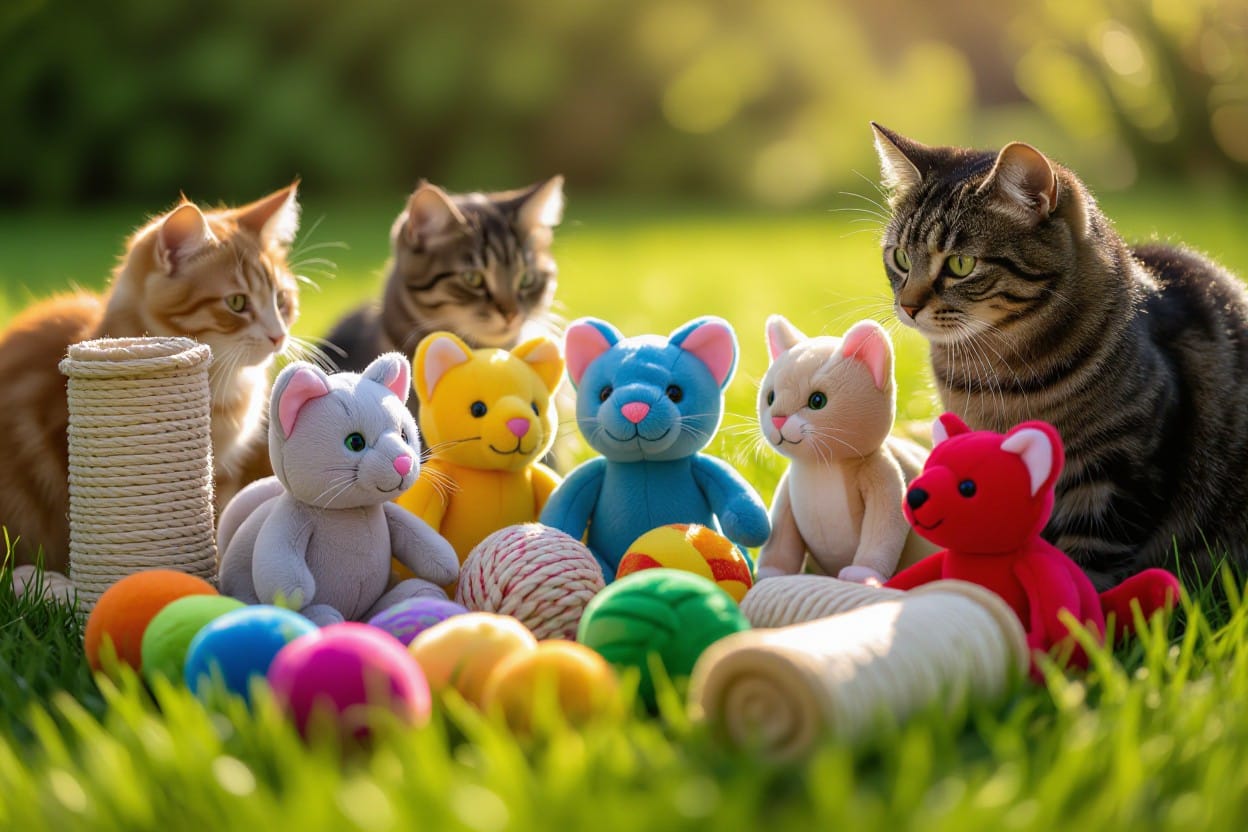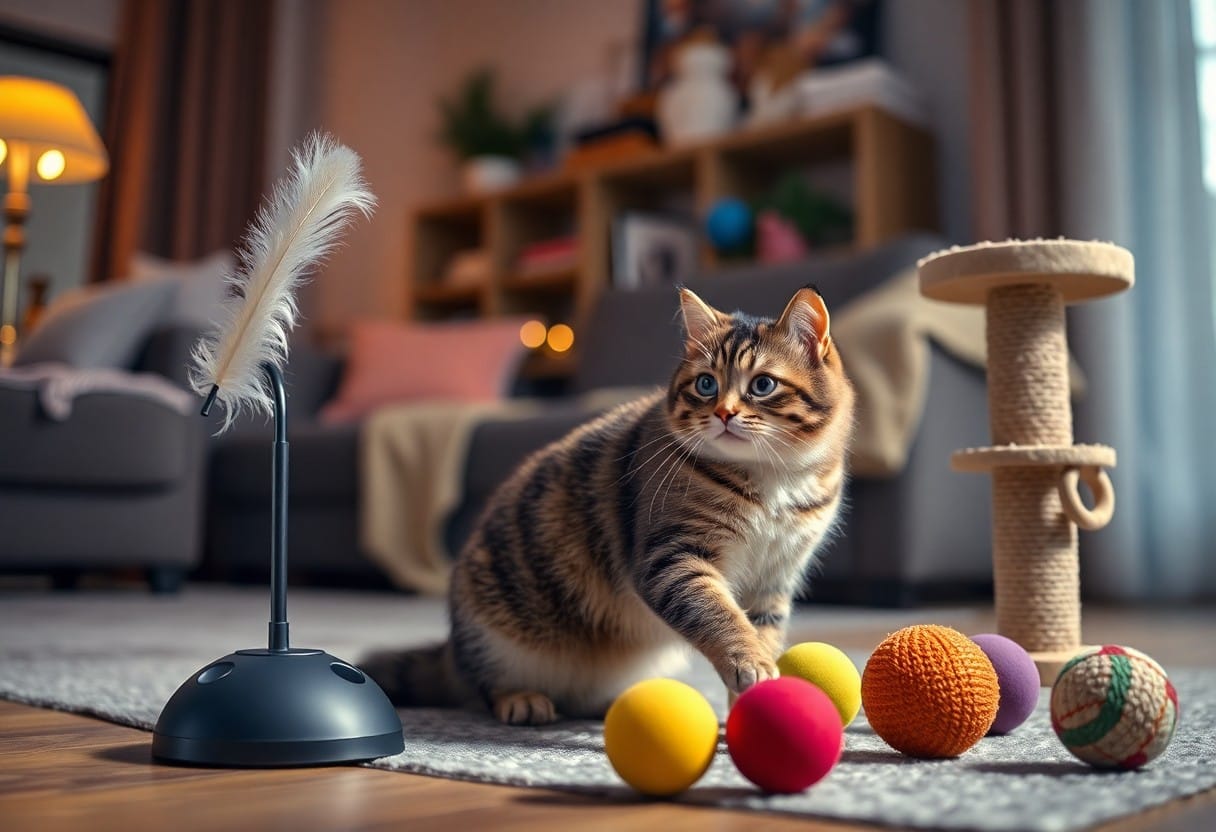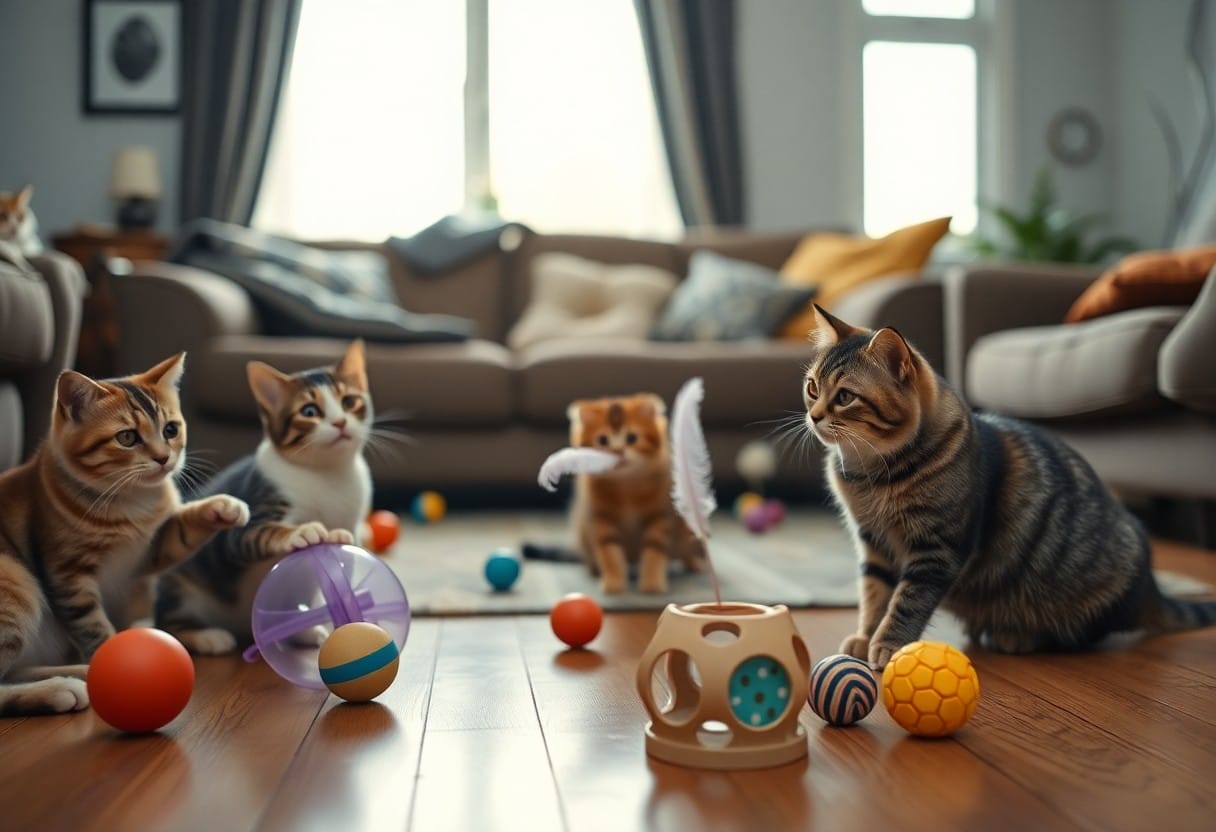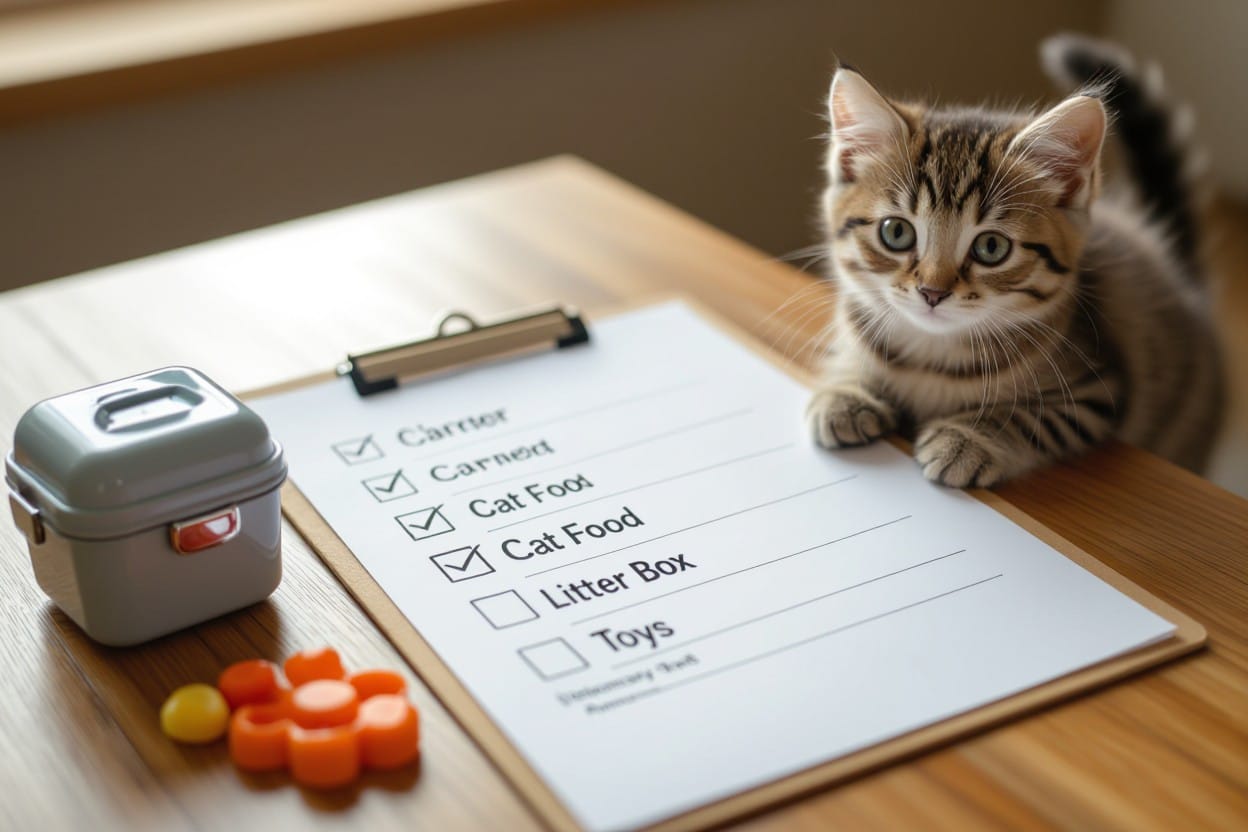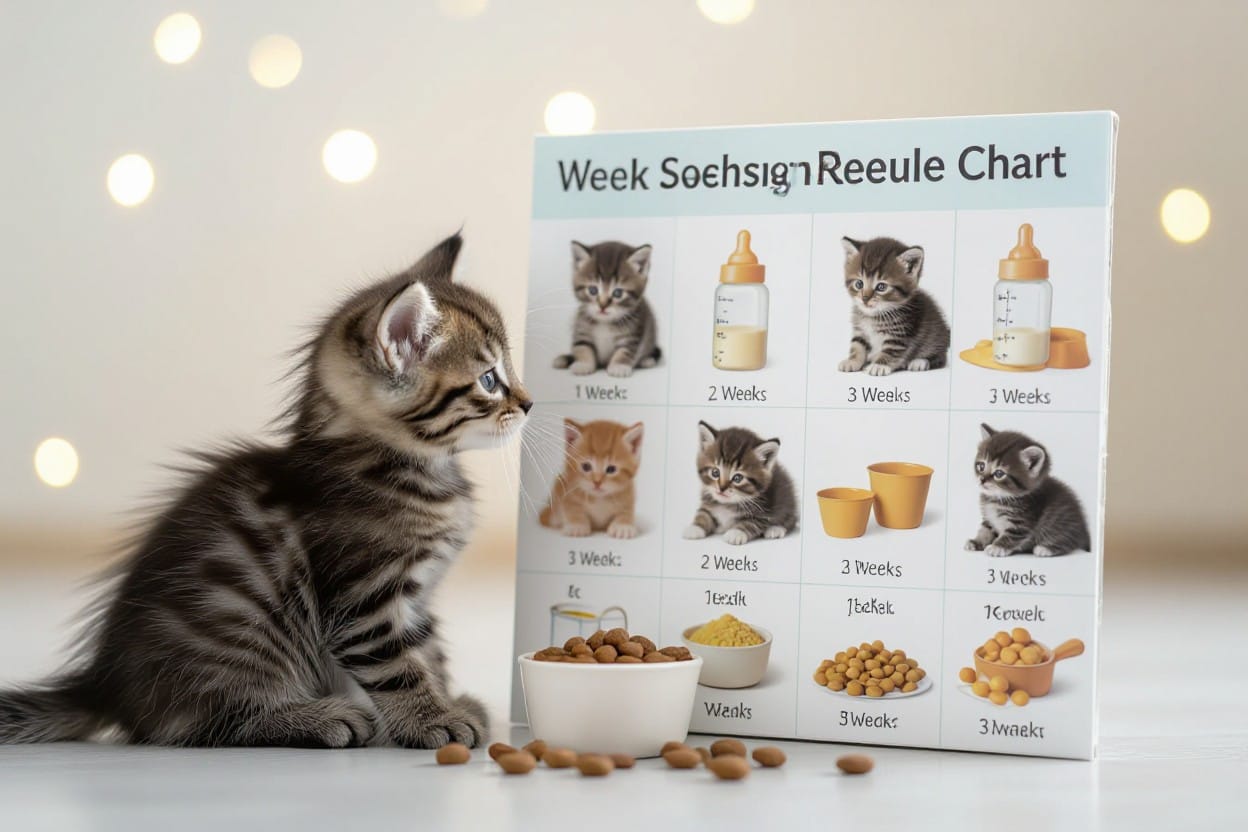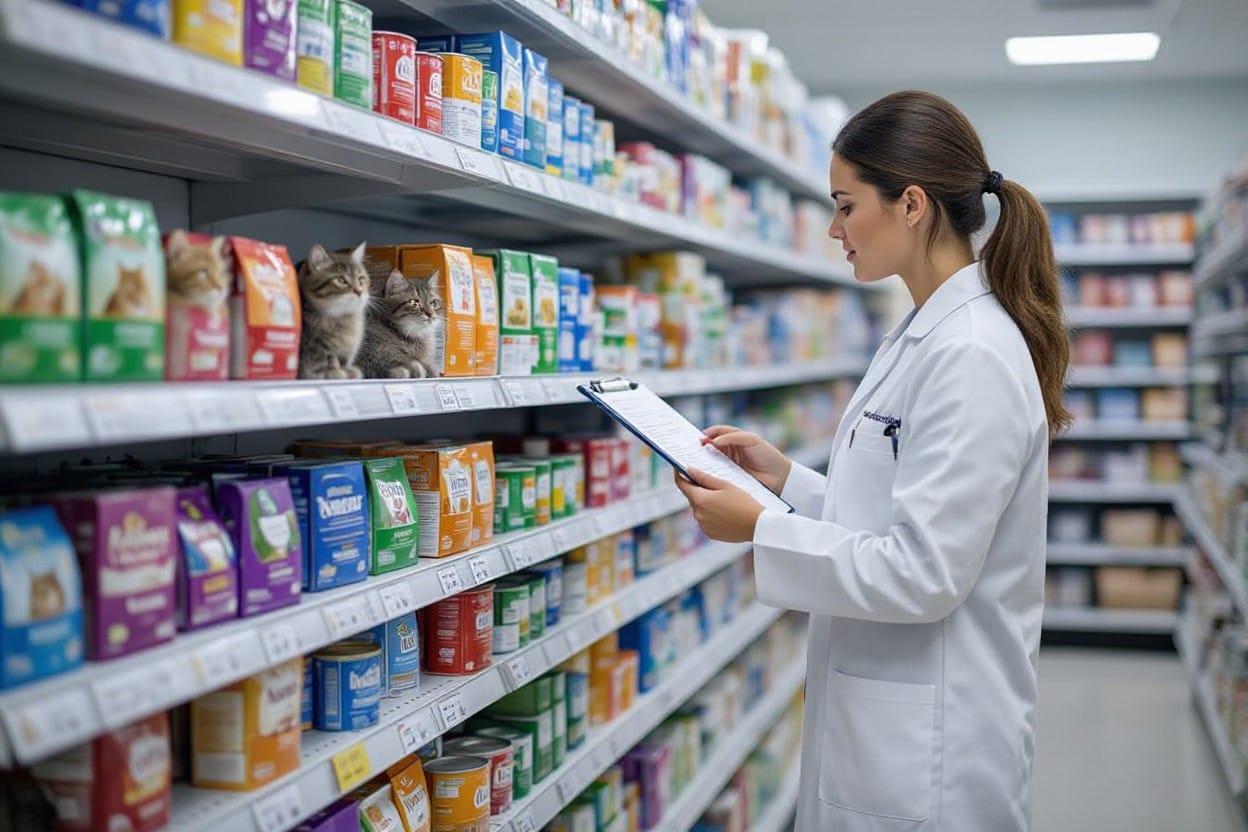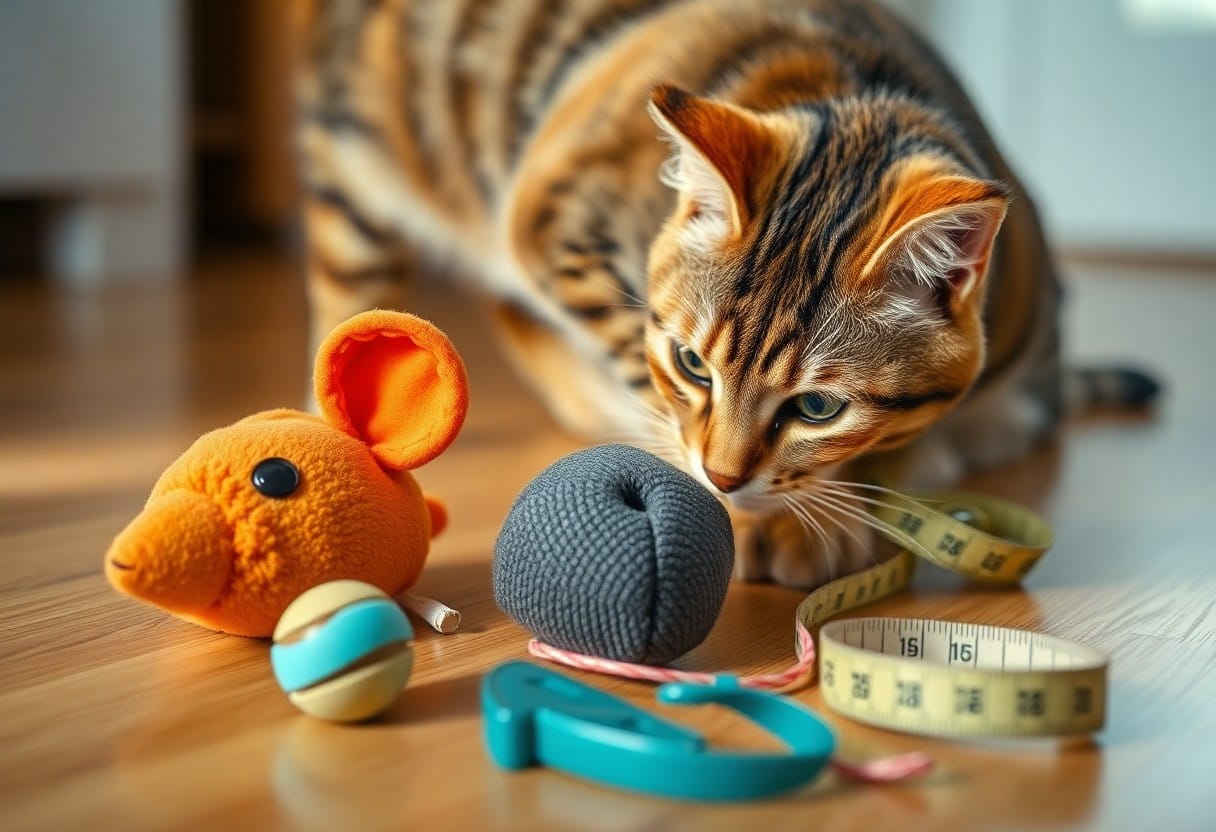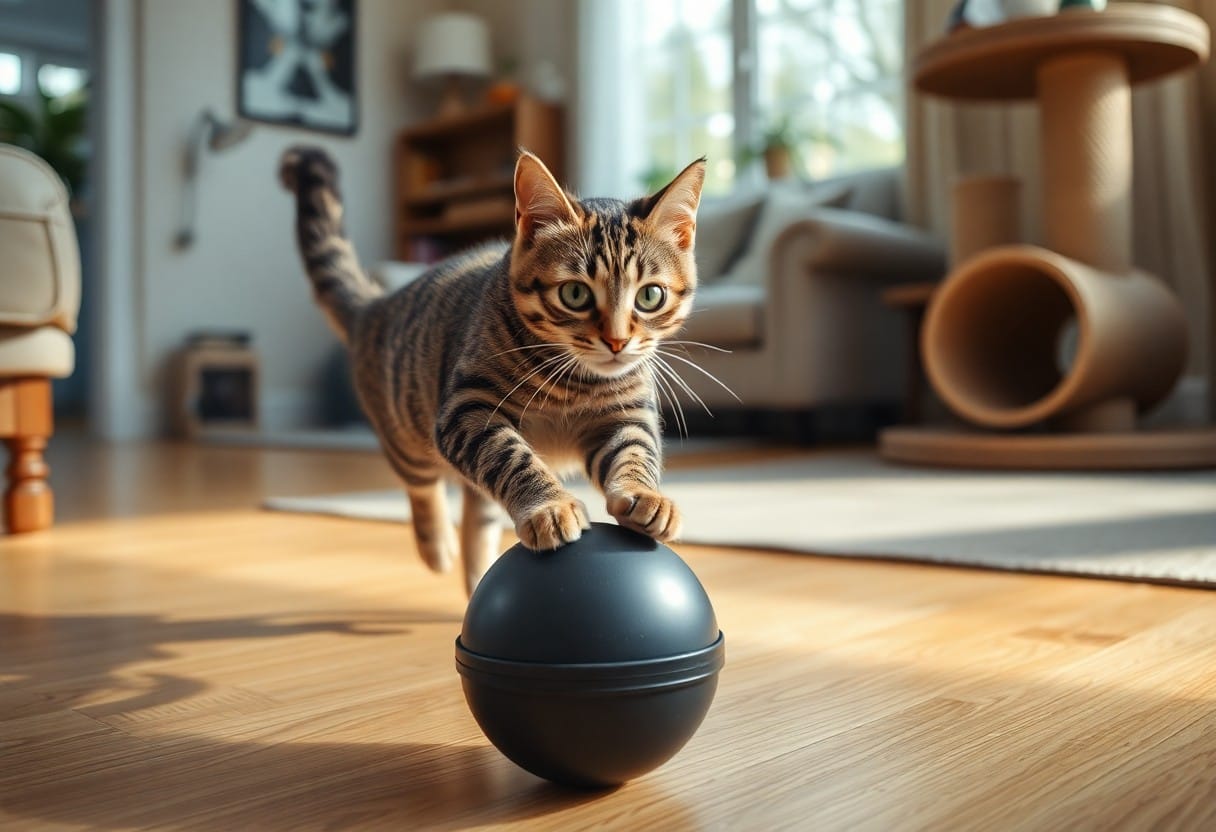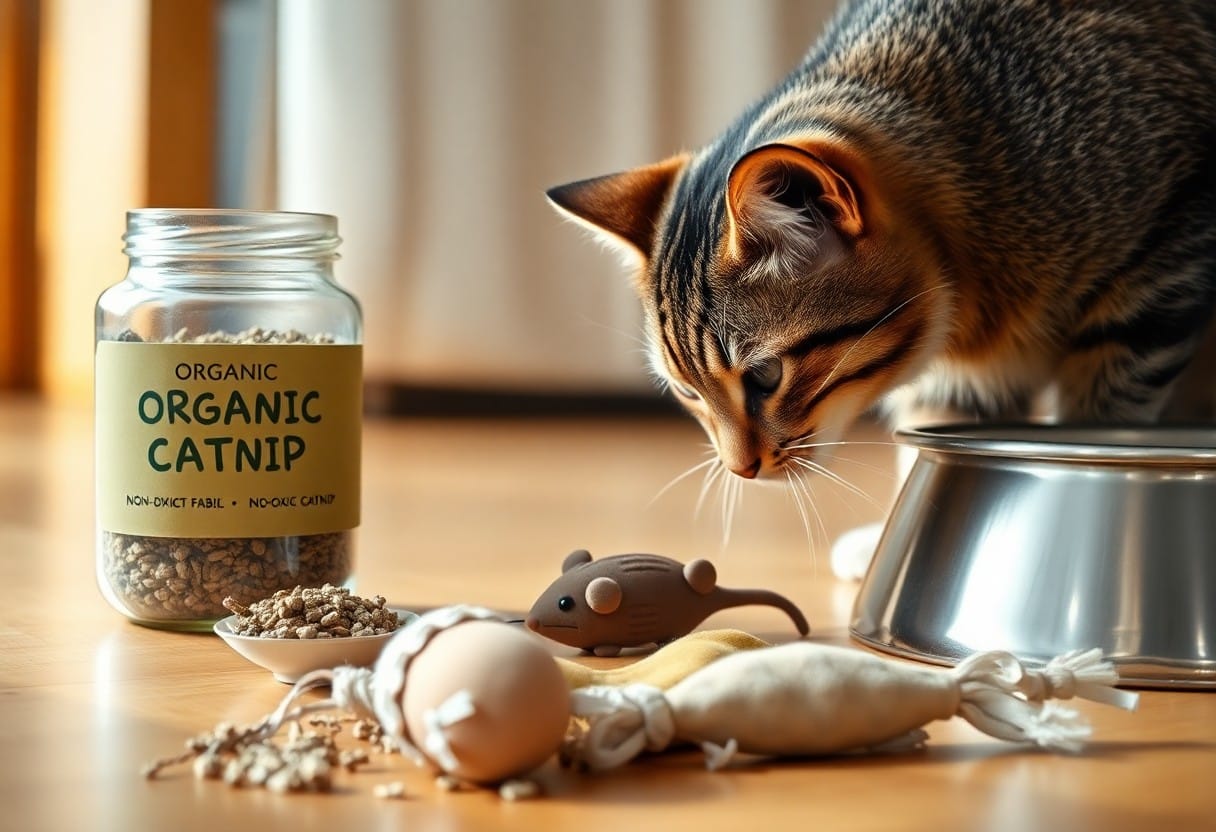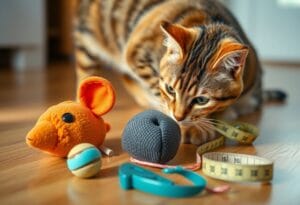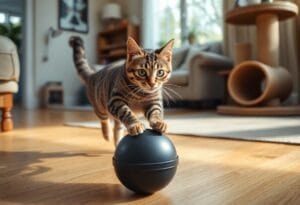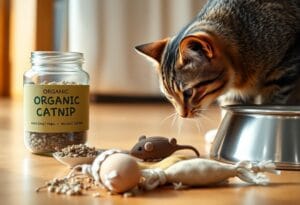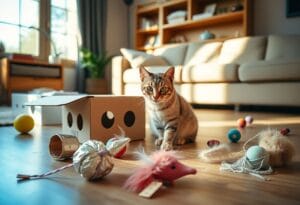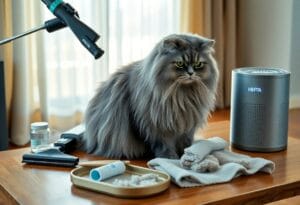This guide will provide vital tips and information on selecting the most suitable diet for your beloved feline companions. Cats have unique dietary needs that require careful consideration to ensure they receive proper nutrition and maintain good health. Making informed decisions about what to feed your furry friends is crucial for their overall well-being.
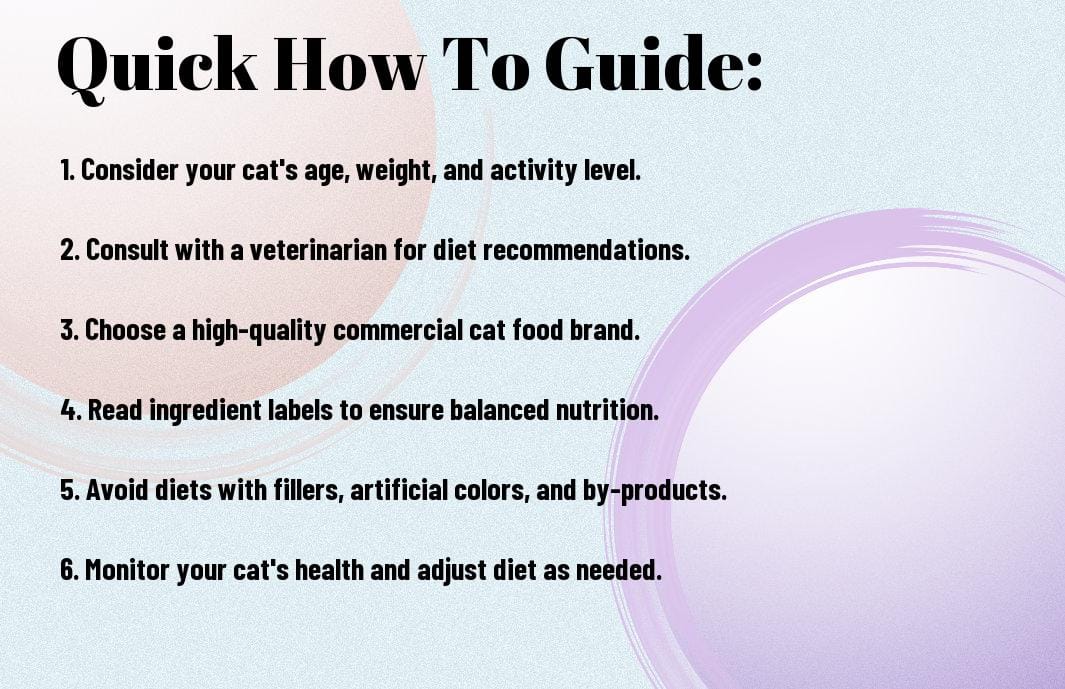

Evaluating Your Cat’s Individual Needs
Little whiskers, big personalities – cats are unique creatures with their own individual needs when it comes to nutrition. When choosing the best diet for your feline fur babies, it’s important to consider factors such as age, activity level, lifestyle, and any specific health conditions they may have. By tailoring their diet to meet their specific needs, you can help ensure that your cats live a long, healthy, and happy life.
Factoring in Age: Kitten, Adult, and Senior Diets
The age of your cat plays a significant role in determining their dietary requirements. Kittens require a diet that is higher in calories, protein, and crucial nutrients to support their rapid growth and development. As they transition into adulthood, their nutritional needs change, requiring a balanced diet to maintain their overall health. Senior cats may benefit from diets that support their aging bodies, with lower calorie content to prevent weight gain and additional nutrients to support joint health and immune function.
Considering Activity Level and Lifestyle
One important aspect to consider when choosing a diet for your cat is their activity level and lifestyle. Indoor cats may have lower activity levels compared to outdoor cats, requiring diets that are lower in calories to prevent weight gain. Conversely, highly active cats or those with outdoor access may benefit from diets that provide additional energy to support their active lifestyle. By considering your cat’s activity level and lifestyle, you can choose a diet that meets their specific needs and helps them thrive.
Types of Feline Diets
Despite the plethora of feline diet options available in the market, it is crucial to select the most suitable one for your furry companion. Each type of diet has its own set of advantages and considerations to keep in mind. Understanding the various feline diets will help you make an informed decision that aligns with your cat’s nutritional needs.
- Dry Food
- Wet Food
- Homemade Diets
- Raw Food Diets
Any choice you make should always prioritize your cat’s health and well-being.
Dry Food Versus Wet Food: Pros and Cons
| Pros | Cons |
| Convenient to store | Low moisture content |
| Promotes dental health | Lower in protein |
| Cost-effective | High carbohydrate content |
| Long shelf life | Less palatable |
With dry food, the convenience of storage and dental health benefits are significant advantages. However, the low moisture content and lower protein levels can be drawbacks for some cats. On the other hand, wet food offers higher water content and increased palatability, but it can be more expensive and spoil faster.
Homemade Diets: How to Do it Right
One must tread carefully when considering homemade diets for felines. While they offer the advantage of control over ingredients and quality, it is crucial to ensure that the diet is nutritionally balanced. Consulting with a veterinary nutritionist to formulate a diet that meets your cat’s specific needs is highly recommended.
A homemade diet requires careful planning and preparation to provide all imperative nutrients in the right proportions. It is imperative to follow recipes designed for cats and avoid ingredients that are toxic to them. Additionally, regular monitoring and adjustments may be necessary to address any deficiencies that may arise.
Raw Food Diets: Benefits and Precautions
Benefits of a raw food diet for cats include a closer resemblance to their natural diet and potential health perks such as shinier coat and improved digestion. However, precautions must be taken when feeding raw food to felines to prevent risks of bacterial contamination and nutritional imbalances that can arise from improper handling or unbalanced recipes.
This type of diet requires careful handling to minimize the risk of foodborne illnesses for both your cat and yourself. It is crucial to source high-quality ingredients and follow balanced recipes to ensure that your cat receives all necessary nutrients without any harmful bacteria. Regular veterinary check-ups can help monitor your cat’s health and address any concerns that may arise from a raw food diet.
How-To Assess Commercial Cat Foods
Reading and Understanding Ingredient Labels
Ingredient labels are your key to understanding what goes into the commercial cat food you’re considering for your feline friend. Look for named protein sources like chicken, salmon, or lamb at the top of the list. This ensures your cat is getting the vital amino acids needed for a healthy diet. Be cautious of foods that list vague terms like “meat by-products” or “animal digest,” as these could be lower quality protein sources.
The Role of Macronutrients: Protein, Fats, and Carbohydrates
Understanding the role of macronutrients is crucial in choosing the best diet for your cat. Cats are obligate carnivores, meaning they require a diet high in animal-based protein to thrive. Fats provide energy and support healthy skin and coat, while carbohydrates are not vital for cats and should be limited in their diet.
Commercial cat foods should have a high protein content, moderate fat content, and minimal carbohydrates to mimic a cat’s natural diet as closely as possible. Look for foods that list protein as the first ingredient and have adequate levels of fat from quality sources like chicken fat or fish oil.
Identifying Fillers, Preservatives, and Artificial Additives
To ensure you’re choosing a high-quality cat food, check the ingredient list for fillers like corn, wheat, or soy, which provide little nutritional value. Avoid foods with artificial preservatives like BHA, BHT, or ethoxyquin, as these can be harmful to your cat’s health. Look for natural preservatives like tocopherols (vitamin E) instead.
Artificial additives such as colors and flavors should also be avoided, as they serve no nutritional purpose and may cause digestive issues in some cats. Opt for foods that use natural ingredients to provide flavor and appeal to your cat.
Tips for Choosing a Quality Brand
- Choose a brand that offers a variety of protein sources to prevent potential food sensitivities.
- Look for brands that have undergone feeding trials to ensure nutritional adequacy for cats of all life stages.
After selecting a commercial cat food, monitor your cat’s health and behavior to ensure it’s the right choice for them. Regular veterinary check-ups can also help confirm you’re providing your feline friend with the best diet possible.
Factors to Consider for Special Needs Cats
Not all cats are the same, and some may have special dietary requirements due to various health conditions. It is important to consider these factors when choosing the best diet for your feline fur baby.
- Managing Food Allergies and Sensitivities
- Diet and Chronic Health Conditions
- How-To Adjust Diets for Overweight or Underweight Cats
Managing Food Allergies and Sensitivities
An important factor to consider for special needs cats is the presence of food allergies or sensitivities. Cats can develop allergies to certain ingredients in their food, such as proteins like chicken or fish. Symptoms of food allergies in cats may include itching, hair loss, and digestive issues. If your cat shows signs of food allergies, it is crucial to work with your veterinarian to identify the specific allergen and choose a diet that eliminates the problematic ingredient.
Diet and Chronic Health Conditions
Needs Cats with chronic health conditions such as kidney disease, diabetes, or hyperthyroidism require special dietary considerations to manage their condition effectively. These cats may need diets that are low in certain nutrients or ingredients to support their health. It is important to consult with your veterinarian to determine the best diet plan for your cat’s specific needs.
Special attention should be given to cats with chronic health conditions to ensure they are receiving the proper nutrition while also managing their condition effectively. Certain dietary modifications, such as prescription diets or supplements, may be necessary to support their overall health and well-being.
How-To Adjust Diets for Overweight or Underweight Cats
While maintaining a healthy weight is crucial for all cats, some feline fur babies may struggle with being overweight or underweight. To address these issues, adjustments to their diet may be necessary. For overweight cats, reducing calorie intake and increasing exercise can help them shed excess pounds. Conversely, underweight cats may require a diet that is higher in calories and nutrients to help them gain weight.
To ensure the proper management of weight-related issues in cats, it is important to consult with your veterinarian to create a tailored diet plan that meets your cat’s specific needs. By monitoring their progress and making adjustments as needed, you can help your feline friend achieve and maintain a healthy weight.
The Role of Supplements in Your Cat’s Diet
When Does Your Cat Need Supplements?
All cat owners want the best for their feline companions, and ensuring they have a balanced and nutritious diet is key to their health and well-being. While high-quality cat food should provide all the necessary nutrients, there are circumstances where your cat may benefit from supplements. Some situations that may warrant the use of supplements include specific health conditions, age-related issues, or dietary deficiencies. Consult with your veterinarian to determine if your cat could benefit from supplements.
Tips for Choosing the Right Supplements
Pertaining to selecting supplements for your cat, it’s necessary to choose high-quality products specifically formulated for felines. Look for supplements that are made by reputable brands and have undergone testing for safety and efficacy. Some key factors to consider when choosing supplements include your cat’s age, size, and any specific health concerns. Always follow the recommended dosages provided by the manufacturer to prevent any adverse effects.
- Choose supplements that are specifically designed for cats.
- Consider your cat’s individual needs and consult with your veterinarian before adding any supplements to their diet.
Supplements can play a beneficial role in supporting your cat’s overall health and addressing specific issues. It’s crucial to choose supplements that are of high quality and suited to your cat’s unique needs. Always follow the recommended guidelines for dosages and monitor your cat for any changes in behavior or health. Any concerns should be promptly addressed by your veterinarian.
How-To Safely Introduce Supplements
Introducing supplements into your cat’s diet should be done gradually to prevent digestive upsets or rejection. Start by offering a small amount of the supplement mixed with their food and observe how your cat responds. If your cat shows any signs of intolerance or reluctance to consume the supplement, consult with your veterinarian for alternative options.
- Monitor your cat’s response to the new supplement for any side effects or allergic reactions.
- Introduce one supplement at a time to track its effects on your cat’s health and behavior.
This gradual approach will allow you to assess the impact of the supplement and make informed decisions about its continued use in your cat’s diet. Always prioritize your cat’s well-being and work closely with your veterinarian to ensure that any supplements added to their diet are safe and beneficial.

Implementing the Diet Change
How-To Transition Your Cat to a New Diet
Keep in mind that cats can be quite sensitive to sudden changes in their diet. When transitioning your feline friend to a new diet, it’s important to do so gradually to avoid any digestive upsets. Start by mixing a small amount of the new food with their current food, gradually increasing the proportion of the new food over a period of 7-10 days.
Monitoring Your Cat’s Response to the New Diet
Diet changes can impact your cat in various ways, including changes in appetite, energy levels, coat condition, and even litter box habits. It’s important to monitor your cat closely during the transition phase to ensure they are adjusting well to the new diet. Keep an eye out for any signs of gastrointestinal upset, such as vomiting, diarrhea, or refusal to eat.
Diet: It’s normal for cats to have some minor digestive disturbances during a diet change. However, if these symptoms persist for more than a few days or if your cat seems unwell, it’s best to consult your veterinarian for guidance.
When to Consult Your Veterinarian During Transition
HowTo know when to seek veterinary help during the transition phase is crucial for your cat’s health. If your cat experiences persistent vomiting, diarrhea, lethargy, refusal to eat, or any other concerning symptoms, it’s time to contact your veterinarian. Your vet can provide guidance on whether to continue with the transition or make adjustments to the diet.
The wellbeing of your furry companion should always be a top priority. Consulting your veterinarian when in doubt can help ensure a smooth and successful transition to a new diet for your feline fur baby. Trust your instincts as a cat parent and seek professional advice when needed.
Maintaining a Balanced Feline Diet Long-Term
How-To Create a Feeding Schedule
While cats are known for being independent creatures, establishing a consistent feeding schedule is crucial for their well-being. Cats thrive on routine, so try to feed them at the same times each day. This will help prevent overeating and obesity, as well as reduce the likelihood of your cat developing digestive issues.
Tips for Combining Foods for Optimal Nutrition
While it’s important to provide your feline friend with a balanced diet, it can be challenging to ensure they are getting all the necessary nutrients. One way to achieve this is by combining different types of foods. Mixing dry food with wet food can help increase your cat’s water intake and provide a variety of textures and flavors. Additionally, adding a small amount of cooked vegetables or fruits to their diet can offer additional vitamins and minerals.
- Optimal nutrition for your cat can be achieved by rotating between different protein sources, such as chicken, fish, and beef.
- After consulting with your veterinarian, consider incorporating supplements like omega-3 fatty acids or probiotics to enhance your cat’s diet.
Keeping Hydration in Check
Another important aspect of maintaining a balanced feline diet is to ensure your cat stays hydrated. Cats are notorious for having a low thirst drive, so it’s crucial to provide them with plenty of fresh water throughout the day. Consider offering a combination of wet food, which contains high water content, and access to clean water at all times to keep your cat properly hydrated.
Combining
Keeping your furry friend well-hydrated is important for their overall health. Dehydration can lead to urinary tract issues and kidney problems in cats. If your cat is not a big water-drinker, consider incorporating wet food into their diet or investing in a cat fountain to entice them to drink more.
HowTo
By following these tips and establishing a consistent feeding schedule, you can maintain a balanced and nutritious diet for your feline companions. Remember to monitor your cat’s weight and activity level regularly and consult with your veterinarian to ensure they are receiving the best care possible.
Summing up
Summing up, choosing the best diet for your feline fur babies is crucial for their overall health and well-being. By considering factors such as age, health condition, and preferences, you can select a diet that provides the imperative nutrients they need to thrive. Consulting with a veterinarian is always recommended to ensure that your cat’s dietary needs are being met.
Remember that every cat is unique, and what works for one might not work for another. It may take some trial and error to find the perfect diet for your feline friend, but the effort is well worth it to see them happy, healthy, and full of energy. With the right diet, you can help your cat live a long and fulfilling life by your side.
FAQ
Q: Why is choosing the best diet important for my feline fur babies?
A: Choosing the best diet for your feline fur babies is crucial for their overall health and well-being. A proper diet can help prevent health issues, maintain a healthy weight, and ensure they receive the necessary nutrients to thrive.
Q: What should I consider when selecting a diet for my cat?
A: When choosing a diet for your cat, consider factors such as their age, weight, activity level, any existing health conditions, and preferences. Consulting with a veterinarian can help you determine the best diet for your feline companion.
Q: What are the different types of diets available for cats?
A: There are various types of diets available for cats, including dry kibble, wet canned food, raw diets, and prescription diets. Each type has its own set of benefits and considerations, so it’s crucial to choose one that meets your cat’s specific needs.
Q: How can I transition my cat to a new diet successfully?
A: To transition your cat to a new diet successfully, gradually mix the new food with their current food over a period of 7-10 days. This gradual transition can help prevent digestive upset and ensure your cat adjusts well to the new diet.
Q: What are some signs that my cat’s diet may not be suitable for them?
A: Signs that your cat’s diet may not be suitable for them include digestive issues, such as vomiting or diarrhea, weight loss or gain, dull coat, lack of energy, and changes in behavior. If you notice any of these signs, consult with your veterinarian to reassess your cat’s diet.
